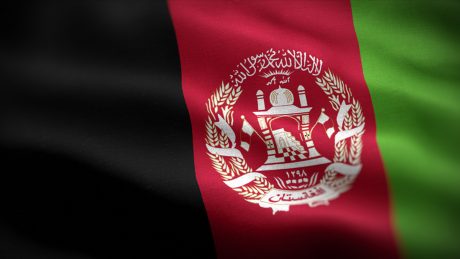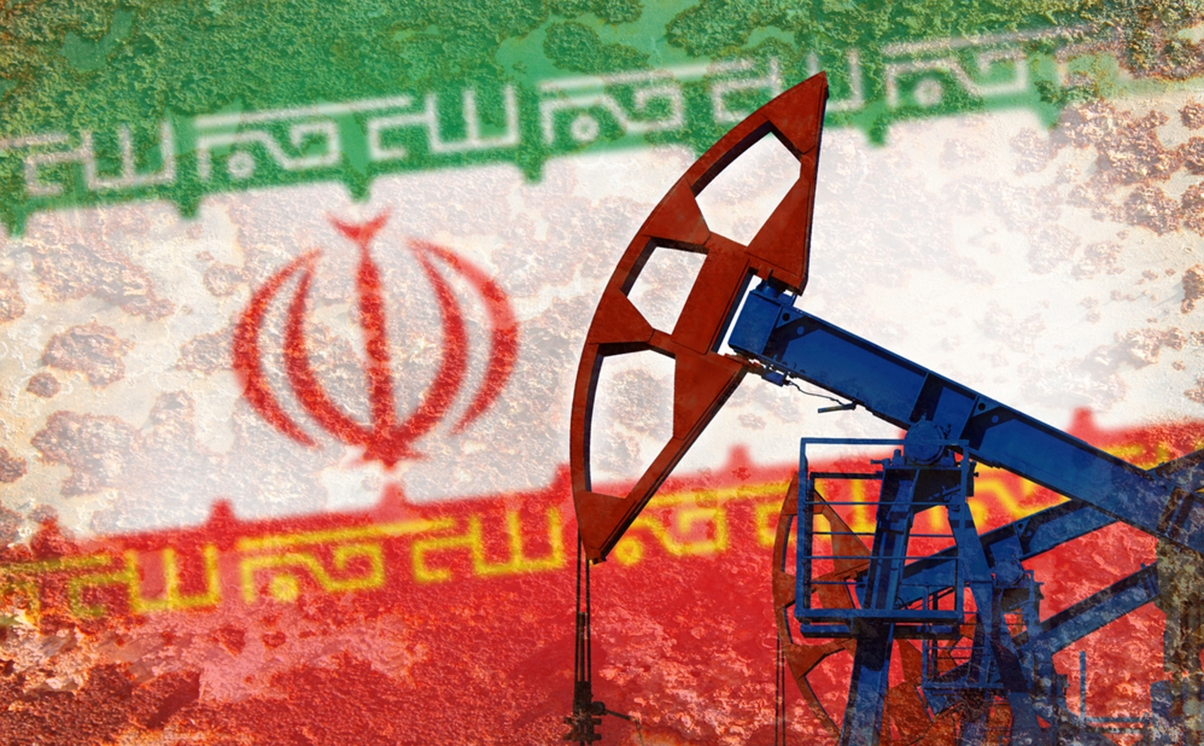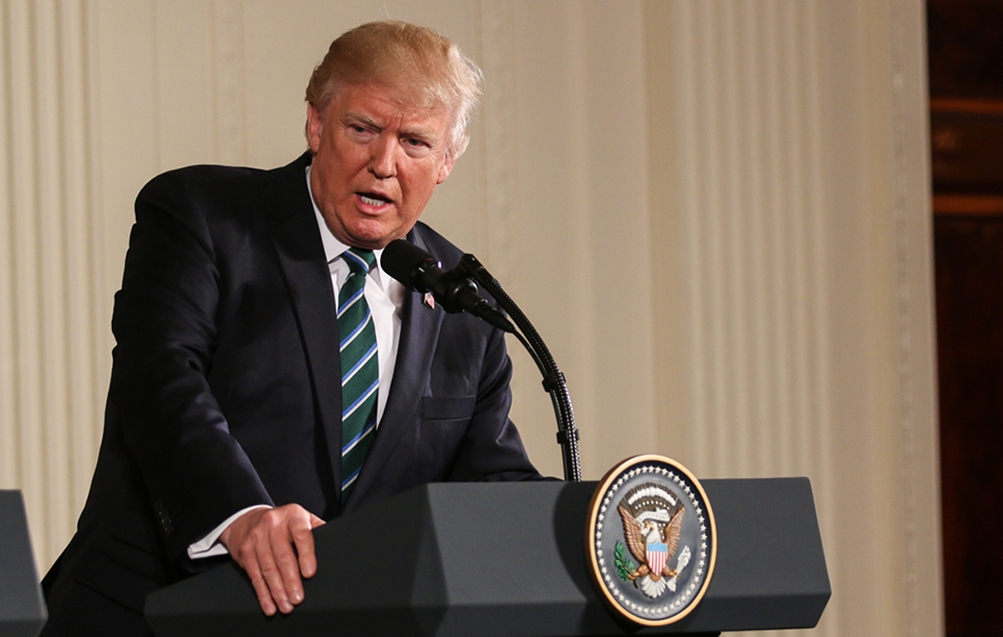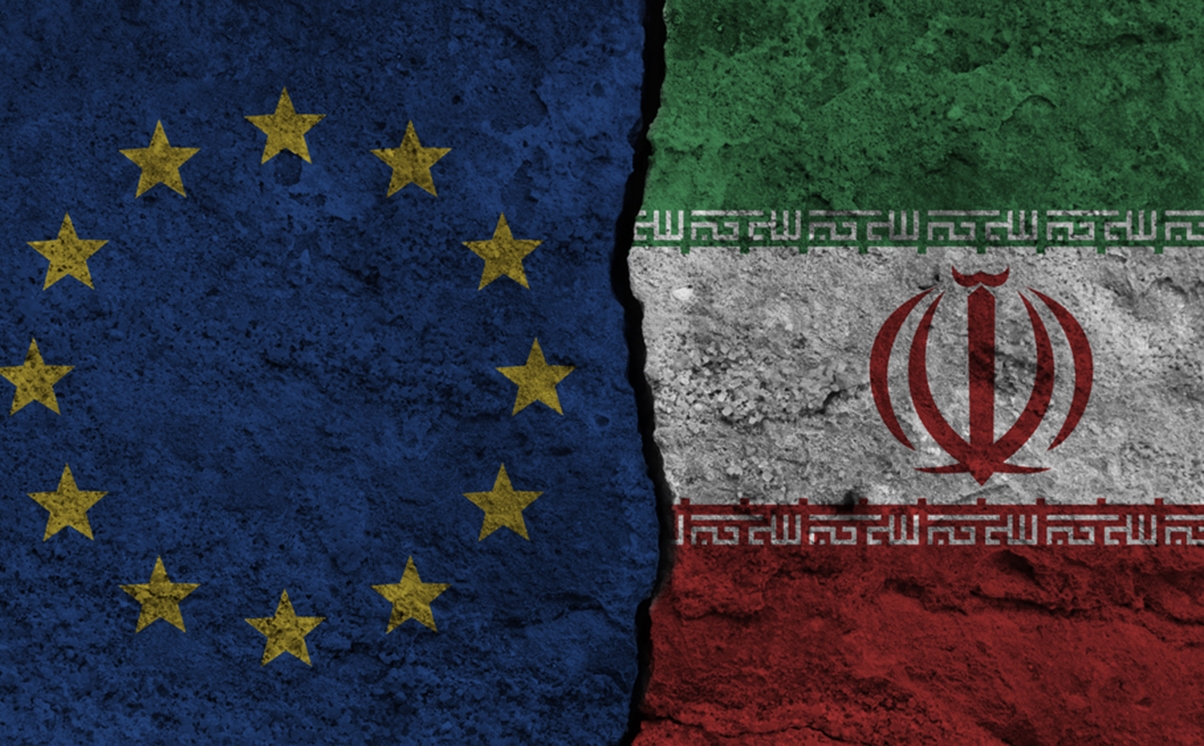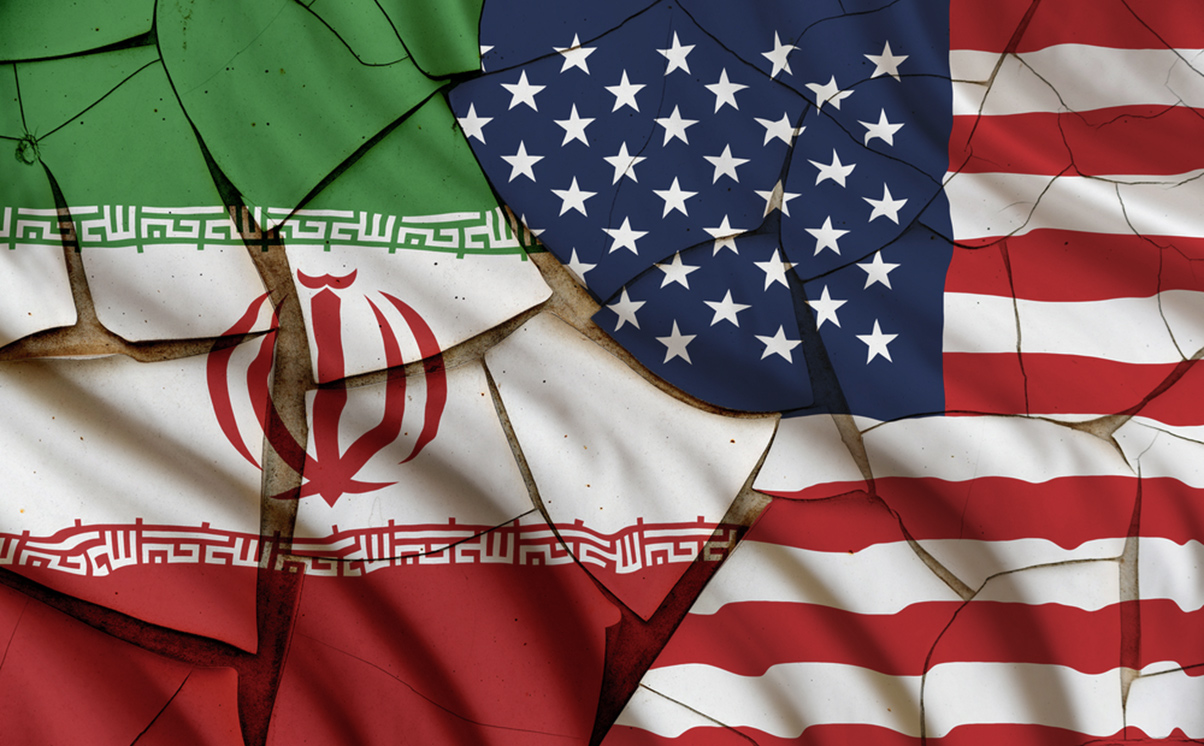The withdrawal of international troops from Afghanistan and the consequent announcement of a Taliban interim government has attracted global controversy and debate. The Taliban, which refers to itself as the Islamic Emirate of Afghanistan, is an internationally designated terrorist organisation.
This presents a legal minefield as governments, charities and businesses endeavour to provide humanitarian aid and engage with the new government without breaching sanctions.
Unsurprisingly, compliance with the sanctions is going to be problematic. David Savage reviews the present situation, and considers how it might develop.
Current sanctions
Sanctions linked to the Taliban have been implemented by the UN, the EU, the UK and the USA for the past 20 years.
The UN first implemented sanctions against Afghanistan in 1999 in response to the activities of the Taliban, which included training international terrorist groups. Currently, the UN has imposed sanctions against more than 130 members of the Taliban, many of whom now form part of the interim government. Of particular interest are the prime minister, Hasan Akhund, a UN-designated terrorist, and the new interior minister, Sirajuddin Haqqani, the son of the founder of the Haqqani network (which has been classified by Washington as a terrorist group). Haqqani features on the FBI’s “most wanted” list following his involvement in suicide attacks and ties with Al Qaeda.
President Clinton froze Taliban assets under Executive Order No. 13129 on 4 July 1999, following intelligence that the Taliban allowed Osama bin Laden and Al Qaeda to use Afghanistan as a safe haven. The effects of this order continue today, with Taliban-related groups across Asia and Africa being sanctioned under US counter-terrorism sanctions programmes. This means any assets owned by the Taliban that come under US jurisdiction are frozen. With the dominance of the US dollar in international business, the scope for inadvertent breaches of US sanctions around the globe is significant.
In a similar vein, the EU imposed restrictive measures against Afghanistan and the Taliban in October 1999. Measures include an asset freeze, a prohibition on arms exports and travel restrictions.
Following its exit from the EU, the UK implemented the Afghanistan (Sanctions) (EU Exit) Regulations 2020, which aligns the UK’s sanctions with those of the European Union. In addition, the UK’s Office of Financial Sanctions Implementation (“OFSI”) has recently reminded UK businesses, non-governmental organisations (NGOs), and financial institutions of the UN sanctions already in place against individuals and entities associated with the Taliban.
The future of sanctions against Afghanistan
The eyes of the world are currently trained on Afghanistan. Concerns range from human rights violations, protection of minority groups to commitment to democratic elections. An emergency G7 summit chaired by Boris Johnson saw the UK Foreign Minister Dominic Raab insist the UK was prepared to use “all the leavers at our disposal”, including financial means and sanctions to protect the people of Afghanistan.
The extent to which Western governments will elect to impose new sanctions will invariably depend on the behaviour of the Taliban and the consequent impact on both domestic harmony and international relations. A further concern in the EU is the impact of migration should the Afghanistan economy collapse.
Josep Borrell, the EU’s Foreign Policy chief, recently stated that the EU had no choice but to engage with the Taliban government and maintain a diplomatic presence in Afghanistan. However, the stringent conditions set by the EU in respect of conducive engagement with the new Taliban government, including a requirement for respect for human rights, is highly likely to result in the ultimate break down of talks.
The Committee Chairs of the G7 have stated: “There is little indication from its past or present behaviour that the Taliban is committed to any of these principles, so the G7 countries should be prepared to isolate the Taliban and impose robust sanctions should violations reach an agreed threshold.”
The USA has been equally as vocal in respect of sanctions should the situation in Afghanistan deteriorate. A bill, the ‘Afghanistan Counterterrorism, Oversight, and Accountability Act’, was recently introduced in the US Senate requiring assessments and imposition of sanctions on the Taliban and countries assisting it in Afghanistan. However, following controversy regarding the impact of the sanctions on Afghan civilians, the US Treasury Department has also issued several general licences, which facilitate the movement of US humanitarian aid and financial assistance to the people of Afghanistan. However, these general licences lack clarity and, for aid organisations, there has already been difficulty understanding the practicalities of implementing them.
Herein lies the delicate balance that must be achieved by Western powers seeking to promote a more moderate Taliban government. As a country almost entirely dependent on foreign aid, the people of Afghanistan can ill afford to be tarred with the same sanctions brush as those who currently serve in the interim government. To prevent a humanitarian disaster, the US, the UN, the EU and Western allies must devise avenues by which food and medical supplies can legally enter the country. This may prove difficult if the Taliban continues to govern in a manner broadly akin to the 1990s, which, to the detriment of the people, may ultimately result in a tightening of restrictions against the Taliban and, as a result, Afghanistan.
In Russia, the sectoral sanctions introduced in 2014 were designed to minimise the impact on the Russian people by targeting specific activities and funding vectors linked to the Russian government. As a cash and resource-poor country, the likelihood of similar sanctions in Afghanistan is slim. Further complicating the situation is the wide array of sanctions implementation throughout the world.
Considerations
Should additional sanctions be implemented, it is most likely that the US will lead the charge. This will create further compliance risks and costs for those who choose to continue to engage with Afghanistan. To date, the US’s Office of Foreign Assets Control (“OFAC”) and OFSI have yet to publish formal guidance on Afghanistan-related transactions.
In light of this, financial institutions are de-risking and refusing or delaying financial flows to humanitarian agencies. However, this practice is not without critics with concerns, including the risk of breaching sanctions, facilitating money laundering, reputational damage, and invasive investigations by regulators. It is hardly surprising that simply blacklisting Afghanistan-linked businesses is an obvious risk management approach for many organisations. This has a knock-on effect for NGOs and charities. Despite assurances from OFAC that the Biden administration will work with financial institutions, NGOs and international organisations to facilitate humanitarian aid, as well as from OFSI, which recently updated its Charity Guidance, too many financial institutions have now been burned to trust these assertions at face value.
Only time will tell whether those in charge in Afghanistan have genuinely changed. However, without troops on the ground, it seems likely that sanctions are here to stay no matter the dire impact on the Afghan people. As with the plethora of sanctions regimes throughout the world, compliance is going to get more complicated.
Stewarts Litigate
Stewarts has launched a ground-breaking after the event (ATE) insurance facility with Arthur J. Gallagher Insurance Brokers Limited. ‘Stewarts Litigate‘ is designed to work alongside our alternative funding agreements. The facility provides our commercial disputes clients with rapid access to comprehensive ATE insurance at pre-agreed market leading rates. The facility can provide coverage of up to £4 million in three business days and up to £18 million within ten business days.
Find out more about Stewarts Litigate here.
This communication has been authorised by Arthur J Gallagher Insurance Brokers Limited for the purpose of s21 of the Financial Services and Markets Act 2000
You can find further information regarding our expertise, experience and team on our Financial Crime page.
If you require assistance from our team, please contact us.
Subscribe – In order to receive our news straight to your inbox, subscribe here. Our newsletters are sent no more than once a month.

